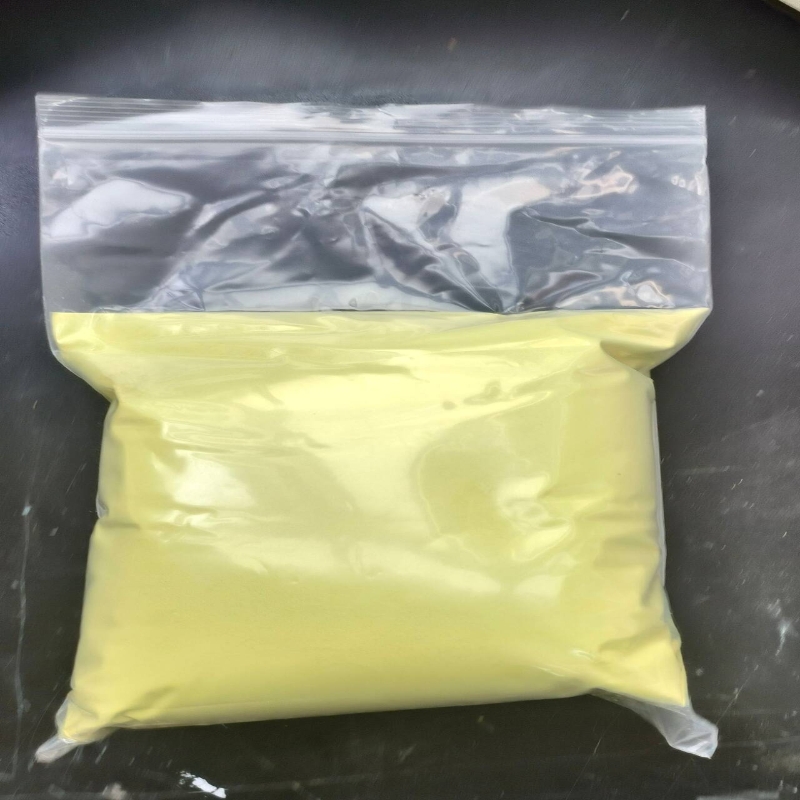New engineering peptides may show potential long-term anti HIV potential
-
Last Update: 2019-12-10
-
Source: Internet
-
Author: User
Search more information of high quality chemicals, good prices and reliable suppliers, visit
www.echemi.com
Recently, in a research report published in the international journal PLoS patterns, scientists from Fudan University and other institutions found that a new engineering peptide ibp-cp24 may be a long-acting anti HIV drug, which can be used alone or with a wide range of neutralizing antibodies to treat and prevent HIV-1 infection Photo source: Bi W, et al (2019) In this study, the researchers pointed out that ibp-cp24 can show a long half-life and can potentially carry anti HIV-1 activities widely, even for drug-resistant strains Enflucetin is the first anti HIV peptide drug approved by FDA However, due to its short half-life and easy to produce drug-resistant HIV strains, the clinical application of enflucetin is often limited In this study, the researchers developed a new strategy, which can extend the half-life of the peptide by fusing the anti HIV short peptide named Cp24 onto the human immunoglobulin G (IgG) Fc binding peptide (IBP) Ibp-cp24 can inhibit broad-spectrum HIV-1 strains, including those resistant to enfluviride; more importantly, its half-life in macaque blood can reach 46.1 hours, which is nearly 26 and 14 times of that of Cp24 and enfluviride; intravenous injection of ibp-cp24 in macaque does not induce significant specific antibody response to ibp-cp24, and does not show significant toxic effect The mice that received ibp-cp24 in advance were also immune from HIV-1 infection, while the mice that received ibp-cp24 and normal human IgG at the same time could significantly reduce the virus content in their blood What's more, the combination of ibp-cp24 and broad-spectrum HIV neutralizing antibody can show a synergistic anti-HIV-1 effect, which shows that this strategy can help reduce the dosage of antibody and peptide, and also reduce the cost of treatment.
This article is an English version of an article which is originally in the Chinese language on echemi.com and is provided for information purposes only.
This website makes no representation or warranty of any kind, either expressed or implied, as to the accuracy, completeness ownership or reliability of
the article or any translations thereof. If you have any concerns or complaints relating to the article, please send an email, providing a detailed
description of the concern or complaint, to
service@echemi.com. A staff member will contact you within 5 working days. Once verified, infringing content
will be removed immediately.




![2-(Hydroxymethyl)benzo[b]thiophene](https://file.echemi.com/fileManage/upload/cas/593/e79a972f-b55d-4dc1-9113-841c417e0a89.png)


